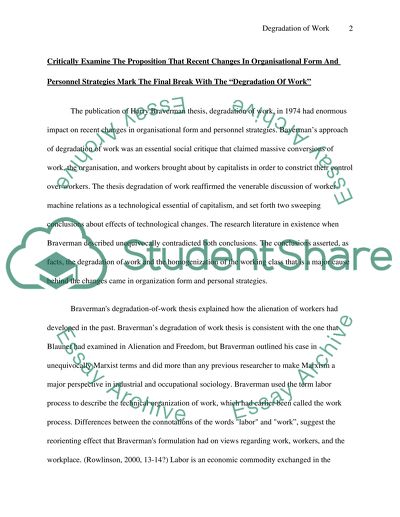Cite this document
(“Changes In Organisational Form And Personnel Strategies Book Report/Review”, n.d.)
Retrieved from https://studentshare.org/sociology/1532278-changes-in-organisational-form-and-personnel-strategies
Retrieved from https://studentshare.org/sociology/1532278-changes-in-organisational-form-and-personnel-strategies
(Changes In Organisational Form And Personnel Strategies Book Report/Review)
https://studentshare.org/sociology/1532278-changes-in-organisational-form-and-personnel-strategies.
https://studentshare.org/sociology/1532278-changes-in-organisational-form-and-personnel-strategies.
“Changes In Organisational Form And Personnel Strategies Book Report/Review”, n.d. https://studentshare.org/sociology/1532278-changes-in-organisational-form-and-personnel-strategies.


